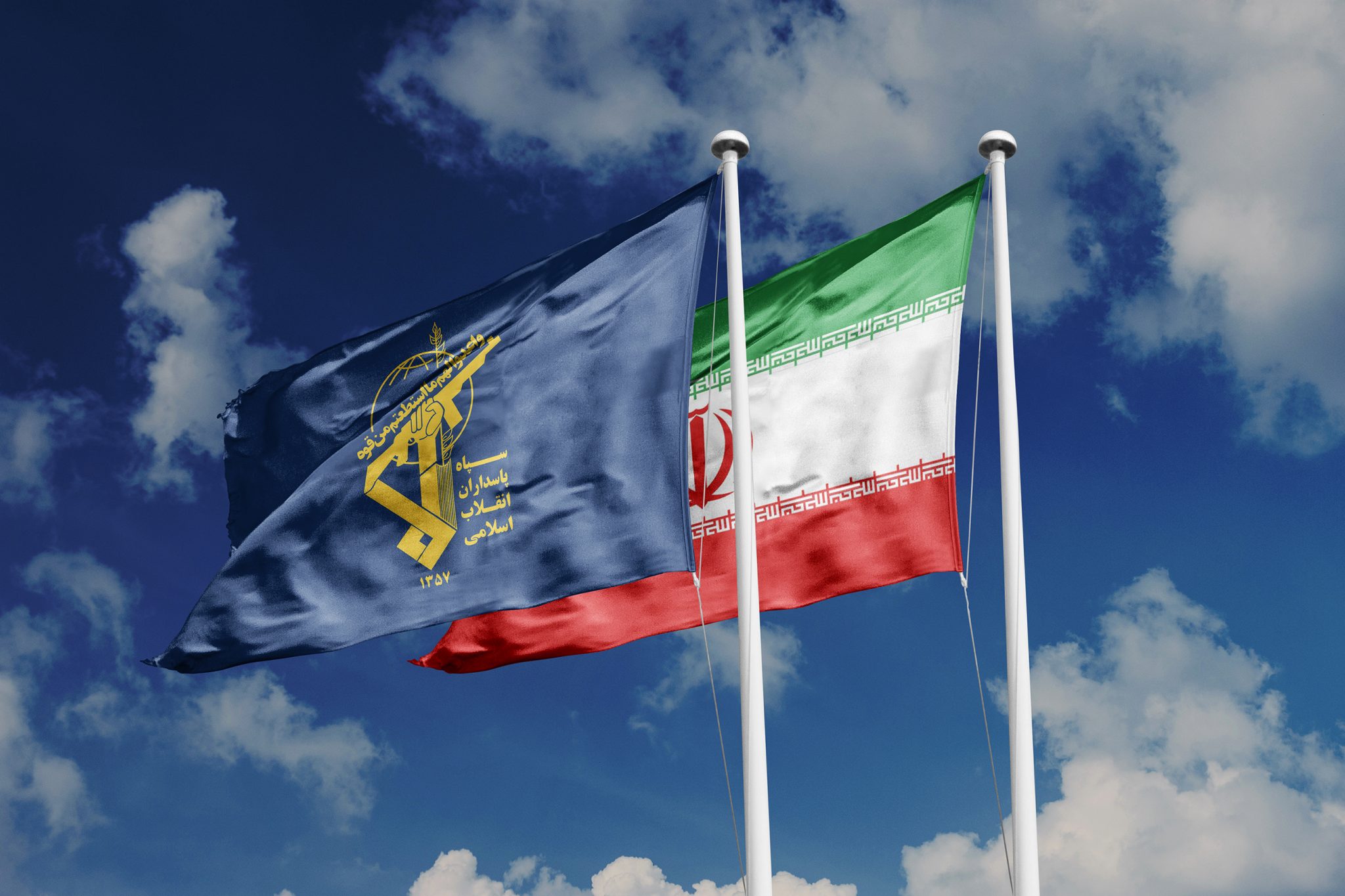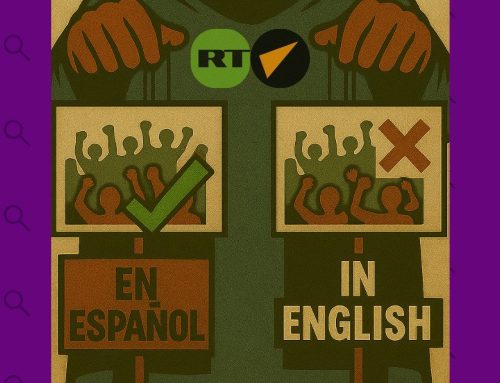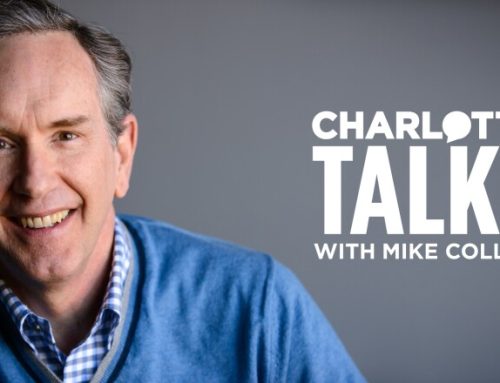Middle East Fellow Ariane Tabatabai argues in Foreign Affairs that the IRGC is using traditional and social media to assert its leadership and project itself as the guardian of public health and the champion of the fight against the invisible enemy in an attempt to capitalize on the government’s bungled response to the coronavirus pandemic.
In February, Iran emerged as an epicenter of the COVID-19 pandemic. The government swiftly proved incapable of handling the outbreak. Officials downplayed the seriousness of the crisis even as reports surfaced of Iranians dying by the hundreds. The death toll soon surpassed 1,000 and reached more than 5,000 by mid-April, according to official figures—which no doubt underestimate the body count.
The domestic rivals of Iran’s civilian-led government are now trying to capitalize on the administration’s bungled response. The Islamic Revolutionary Guard Corps, an influential branch of the armed forces often aligned with the conservative religious establishment, has taken measure of mounting public anger at the government and has rushed to present itself as the actor more capable of containing the outbreak. Whatever the public health merits of the Revolutionary Guards’ actions, the public relations strategy is clear: the IRGC hopes to gain from this crisis at the expense of the pragmatic Iranian President Hassan Rouhani and his allies. By bidding to style themselves as Iran’s saviors, the guards could further undermine the government and help conservatives oust moderates in next year’s presidential elections.




